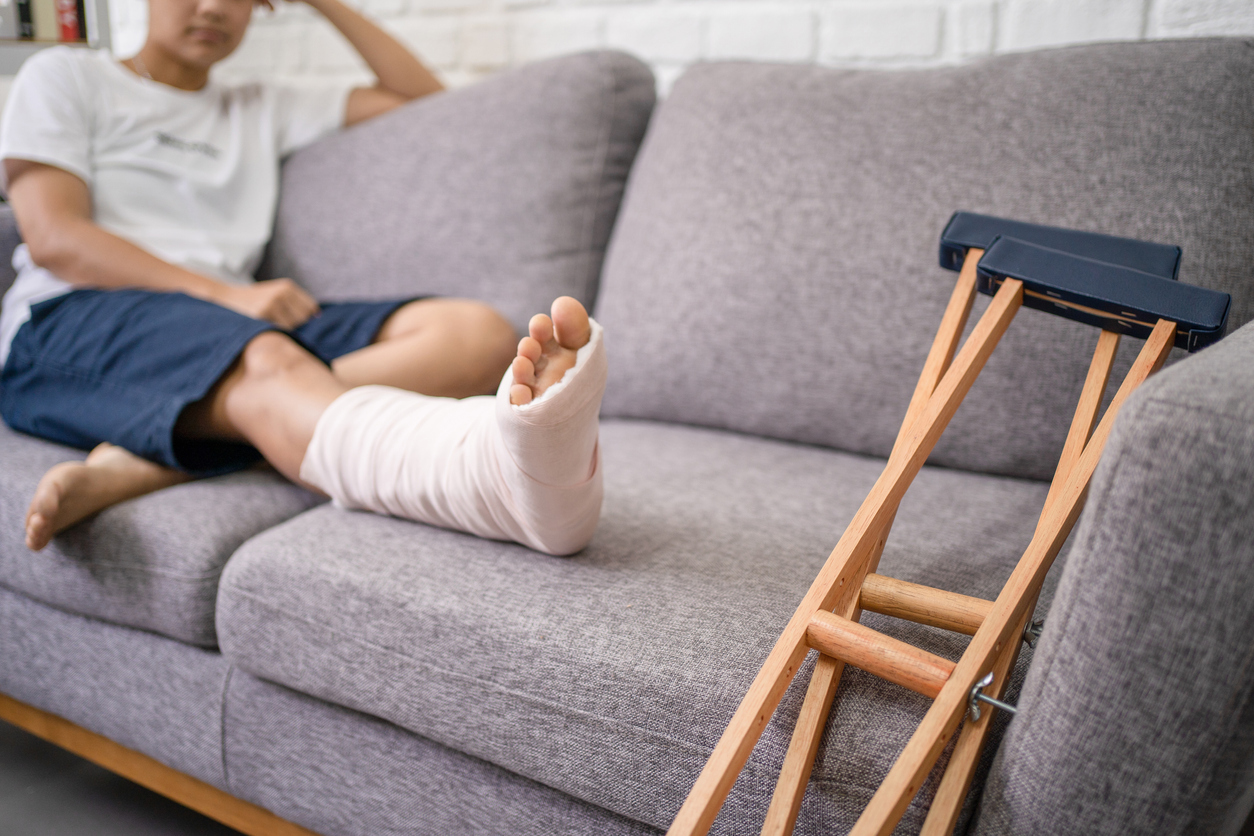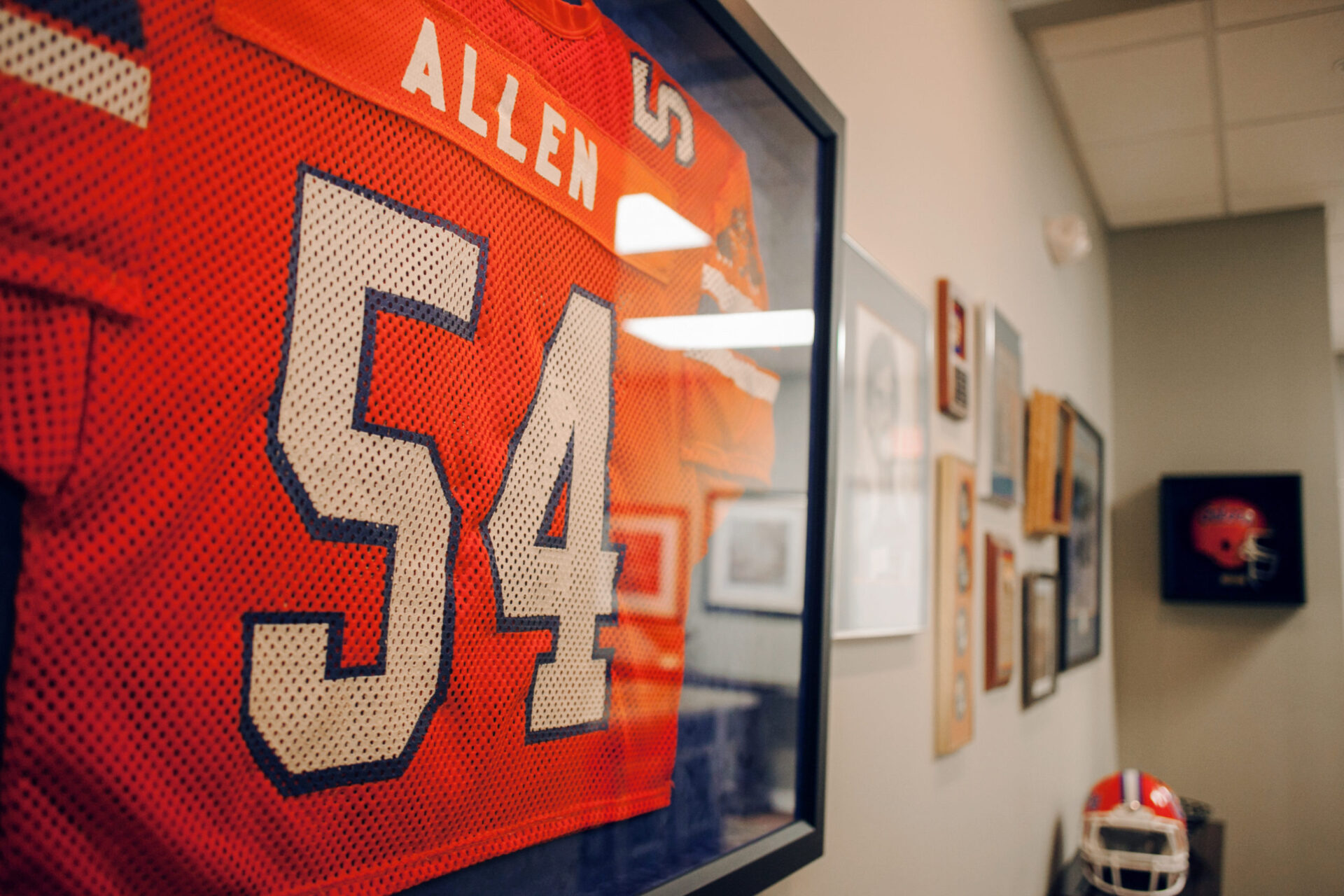How Does Personal Injury Law Work for College Students?
Bill Allen | May 21, 2024 | Personal Injury

As a general statement, personal injury law works the same way for college students as it does for anyone else. Special concerns often arise, however, when the injury occurs on a college campus. Unique concerns such as campus security, administrative policies, and institutional responsibilities can significantly influence the outcomes of these cases.
Most Common Student-Related Personal Injury Claims
The most common student injuries on college campuses include:
- Slip and fall accidents;
- Sports and recreation injuries;
- Traffic and bicycle accidents.;
- Assault and battery, including but not limited to sexual assault; and
- Injuries from faulty equipment or poor maintenance.
College students assert many other types of personal injury claims as well.
Negligence
Most campus personal injury claims revolve around negligence, commonly known as carelessness. The four facts you need to prove to win a negligence claim are:
- Someone owed you a duty of care. It could be another student, it could be the college, or it could be both. Colleges are subject to a unique responsibility to supervise their students.
- The party who owed you the duty of care (the defendant) breached that duty. That could mean doing something they should not have done. It could also mean not doing something they should have done. For example, the college might have failed to remove ice from the steps of a building. Breach of a duty of care amounts to negligence.
- You suffered harm-–a sprained back, for example, or a broken hip.
- The defendant’s negligence caused your injury.
A fellow student might not have enough money to pay your claim. The university, however, can almost certainly afford to pay your claim, with or without insurance. With the exception of sexual assault claims (see below), you must generally sue within two years to avoid losing your claim.
Premises Liability
A premises liability claim is a type of negligence claim. A property owner, such as the owner of a college campus, should inspect their property and repair any dangerous conditions. If they cannot repair it, they should warn people about it.
If they fail to comply with these duties and you suffer an injury, such as a slip and fall injury, as a consequence, you can sue the defendant for negligence under the legal theory of premises liability. Many claims against colleges arise from premises liability.
Sexual Assault
Sexual assault is a major concern on campus, and the law in this area is particularly complex. Special legal standards apply, including:
- Title IX: A federal statute that imposes duties on colleges when they deal with sexual assault claims
- Florida crime victims’ rights laws
- A statute of limitations of up to seven years (as opposed to two years for most other types of claims)
- Confidentiality protections for victims
- Mandatory sexual violence reporting obligations on college staff
- Institutional negligence, if the college failed to protect its students or respond to an assault
- Clery Act requirements to disclose campus crime information
If you’re pursuing a sexual assault claim, you are in particular need of a lawyer due to the potential legal complexities involved.
Restrictions on Lawsuits Against a Public College or University
Suing a private college, such as Barry University, is easier than suing a public institution, such as the University of Florida. This is because the Florida Tort Claims Act imposes special restrictions on suing a public entity. Following are three of the most important restrictions on suing a public college that don’t apply to suing a private university.
- Notice of Claim: You must provide a written notice to a state college at least six months before you file a lawsuit against it.
- Damage limitations: You cannot win more than $200,000 per person or $300,000 per incident
- Punitive damages: You cannot win punitive damages against a public university.
Consult with a lawyer on this matter because exceptions sometimes apply.
Hire a Lawyer Before You Take on a College or University
Taking on a college can feel like David vs. Goliath, especially if you’re suing a public university. A lawyer can help you even the scales of justice and win a fair settlement or verdict.
Talk with a Gainesville personal injury lawyer to discuss your options. Remember that under the contingency fee system, you pay nothing upfront and no attorney’s fees, ever, unless you win compensation.
Contact Our Gainesville Personal Injury Law Firm in North Central Florida
If you need legal assistance, contact the Gainesville personal injury lawyers at Allen Law Accident & Injury Lawyers at your nearest location to schedule a free consultation today.
We have three convenient locations in North Central Florida:
Allen Law Accident & Injury Lawyers – Gainesville office
2550 SW 76th St #150
Gainesville, FL 32608
(877) 255-3652
Allen Law Accident & Injury Lawyers – Downtown Gainesville
621 W University Ave
Gainesville, FL 32601
(866) 928-6292
Allen Law Accident & Injury Lawyers – Ocala Office
112 S Pine Ave
Ocala, FL 34471
(352) 351-3258
